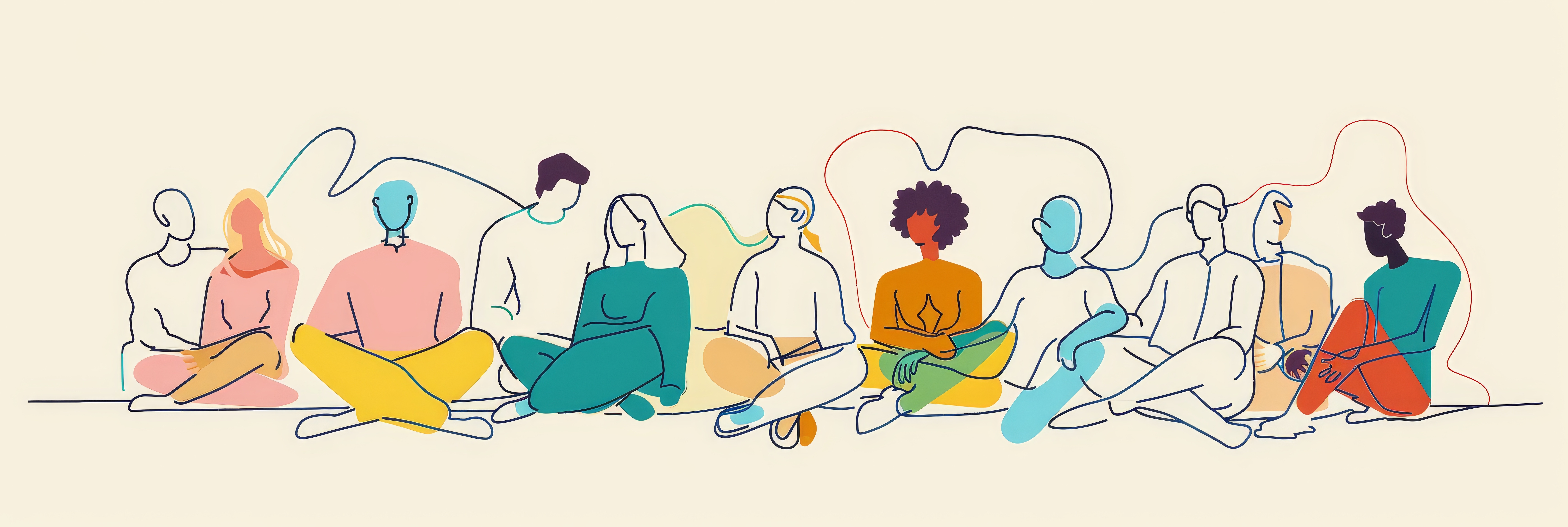Relationship issues are one of the common consequences of eating disorders. Learning how to navigate interpersonal stress is an important aspect of recovery. Let’s look at how eating disorders impact relationships and how to improve your relationships during recovery.
The Interpersonal Dynamics of Eating Disorders
Eating disorders commonly strain relationships. The person suffering from the disorder may look for reasons to excuse themselves from meals or avoid social events altogether if there may be food involved. They may be embarrassed or ashamed of their behaviors and begin to self-isolate. As loved ones begin to notice, they may begin lying about their disordered eating patterns to cover them up.
Eating disorders are hard on everyone involved. Their family is worried and doesn’t know how to help. Well-meaning loved ones may try to limit the autonomy of the person in treatment, making them feel controlled or like a child.
The person with the disorder is often overwhelmed and afraid of what life will be like if they give up their disorder. This creates an environment where tensions run high. Thankfully, there are ways to help support your loved one, rebuild trust, and navigate these situations with more confidence.
Managing Interpersonal Stress During Recovery
There are a few skills that can help manage the relational issues that are common during recovery.
Avoid making comments about size or weight. For someone in recovery, even well-meaning comments about appearance can amplify their fear of weight gain.
Be willing to be vulnerable. Unless you’ve lived through an eating disorder, it’s hard to understand just how difficult it is to recover. Talk to your loved ones about how the eating disorder is impacting you and the challenges that you are facing.
Communicate your needs. If there is something that you find helpful (or unhelpful) during recovery, tell them some specific ways that they can provide practical support.
Provide educational resources for your family. Loved ones can offer the best support when they are informed about eating disorders. Point them to resources that can help them better understand what you’re experiencing.
Remember that it’s you and your loved ones against the eating disorder, not each other. If you feel that your relationship is strained during treatment, consider seeking help from a trained therapist.
The Role of Family Therapy During Eating Disorder Treatment
Family therapy can play a key role in strengthening your relationships during recovery. Selah House offers a family therapy program to help your family learn about eating disorders. Family therapy can also help you discover the ways that the eating disorder has affected your loved ones and equip you with tools to improve your relationships during recovery.
This may include working through forgiveness, communicating about needs within the relationship, and finding solutions that work for your unique needs. It can also equip family members to know when to provide compassionate support while helping you meet your recovery goals. To learn more about family therapy at Selah House, contact us at 866-324-8081.

 Call
Call

